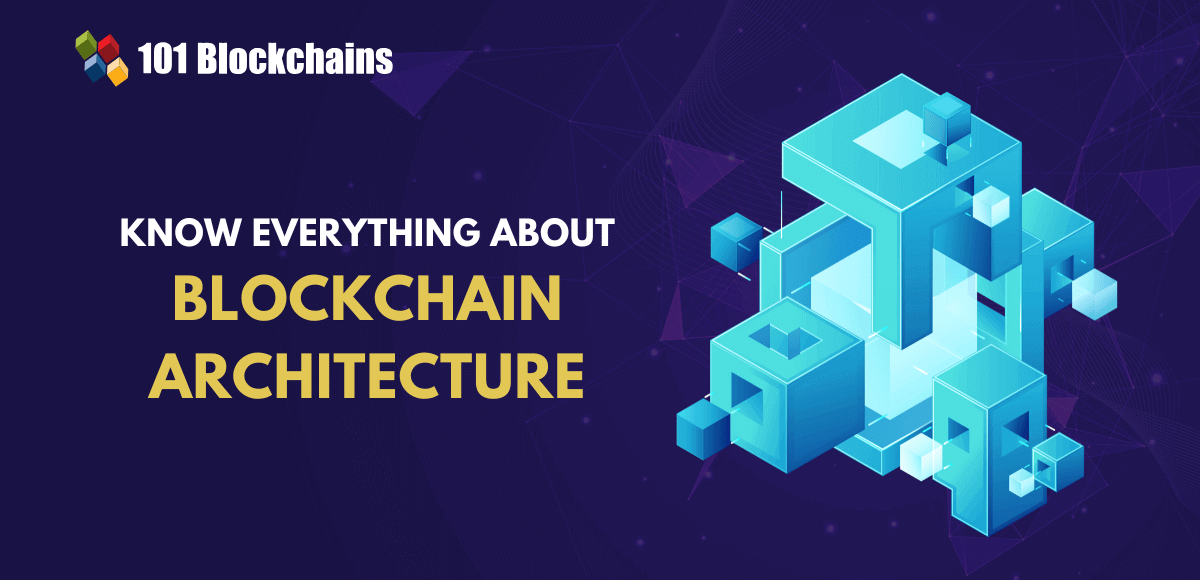Brazil is setting new standards in the decentralized finance (DeFi) sector by implementing certain DeFi elements into the Central Bank Digital Currency (CBDC) project, Drex. This initiative means much more than just digitization because this way, Brazil could finally grab a chance to modernize its financial infrastructure.
Roberto Campos Neto, the head of Brazil’s central bank, recently outlined his plans to solve the biggest challenges of CBDCs, which are decentralization, privacy, and programmability. While it’s an ambitious goal ahead of it, Brazil seems to go well with finding the solution.
Drex became a popular solution because of its interesting approach to asset tokenization, looking to integrate this directly into bank balance sheets. It could change the way people are trading assets like government bonds and real estate, making transactions much faster and more transparent.
The project is designed to complement Brazil’s Open Finance initiative, creating a financial system where users can access a wide range of services, including those based on the new CBDC. The innovative method could provide users with better flexibility in financial options.
Private crypto companies are also getting into it; for example, Ripple has made a deal with Mercado Bitcoin to provide cross-border payment solutions, which could be crucial for many Brazilian businesses involved in international trade.
While Brazil focuses on more serious innovation through projects like Drex, the broader crypto market remains dynamic, with many investors now turning to more profitable options such as meme coins. What started as a social media phenomenon has become a powerful device for obtaining crypto assets, so that now even investors follow the development of meme coins, waiting for the right moment to chip in.
For those interested in exploring this part of the market, you can also find a list of good meme coins to invest in TechReport, offering insights into some good opportunities.
On the other hand, now in its second phase, Drex is focusing on more practical applications – the team behind it is currently testing its liquidity pools for government bonds and exploring new methods to improve international trade finance. Since tests are scheduled to continue into 2025, there is enough time for careful review and improvement.
Brazil is actively working to make sure the CBDC can work smoothly with the existing DeFi systems. The problem is in bringing DeFi principles under regulatory oversight without hindering innovation – a balance that could set a new global standard if all goes as planned.
However, the new project faces troubles as the recent ban of X in Brazil has disrupted information flow in the crypto community, affecting over 24 million Brazilian users who relied on the platform for updates on their assets and some important regulatory changes.
Despite all that, Brazil continues its push towards a tokenized economy. The country is trying to stay active in the DeFi sector and use the current market conditions to help its economy.
This is a third party-distributed Press Release, BitDegree is not responsible for any content or related materials, the advertising, promotion, accuracy, quality, products or services on this page. Before making any decisions or taking any actions, readers are advised to do their own research, first. BitDegree is not liable nor responsible for any direct or indirect loss or damage related directly or indirectly to the use of any products, services or content in the Press Release.








